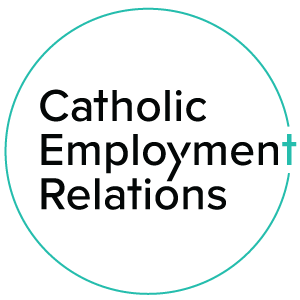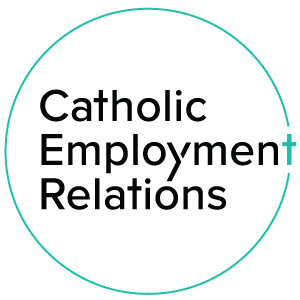The Respect@Work Bill and what it means for employers
The Anti-Discrimination and Human Rights Legislation Amendment (Respect at Work) Bill 2022 (the Bill) has been introduced to Parliament this week. This follows the Federal Government’s commitment earlier this year to implement all 55 recommendations as outlined in the ‘Respect@Work: Sexual Harassment National Inquiry Report,’ released in March 2020.
The primary objective of the Bill is the prevention of sexual harassment and discrimination from occurring in the first instance, as opposed to the process of responding to discriminatory or harassing conduct after it has happened.
What this means for employers is that the Bill imposes a positive duty on all employers and persons conducting a business or undertaking (PCBU) to take reasonable and proportionate measures to eliminate unlawful sex discrimination, including sexual harassment, as far as possible. The positive duty means the employer must implement preventative action before incidents occur.
Reasonable and proportionate measures may include implementing policies and procedures, collecting, and monitoring data, delivering education and training initiatives, and providing appropriate employee support. From a practical point of view, what is reasonable and proportionate will vary between organisations according to the size, resources, practicability, and costs.
The positive duty is also intended to operate concurrently with the existing duties in the model WHS laws, which require employers and PCBUs to provide a safe working environment for workers so far as is reasonably practicable.
The Australian Human Rights Commission (AHRC) will have expanded powers to enforce the positive duty. The new AHRC powers will come into effect 12 months after the Bill is passed. This gives employers and PCBUs 12 months to understand and begin to comply with the positive duty.
As an employer, it is essential that you are prepared for this legislation before it commences operation. CER can help by:
Reviewing and updating or creating policies to cover sexual harassment, sex discrimination, and related WHS risks in your workplace (including proactive measures and appropriate complaint procedures)
Ensuring your WHS policies include risk assessments and measures to eliminate the likelihood of discrimination and harassment occurring.
Advising on appropriate reporting methods and other workplace monitoring systems to ensure you provide safe and thriving working environments for your employees.
Providing bespoke harassment awareness training to provide staff with the knowledge and skills to recognise, respond to, and prevent harassment behaviour.
The Respect@Work website is a one-stop-shop that combines a comprehensive set of resources for employers and workers to address sexual harassment in the workplace. Get in touch with CER if you have any questions or need advice or support.
Explore our services and let #CER help you build and develop resilient, safe, productive and fulfilling workplaces.

